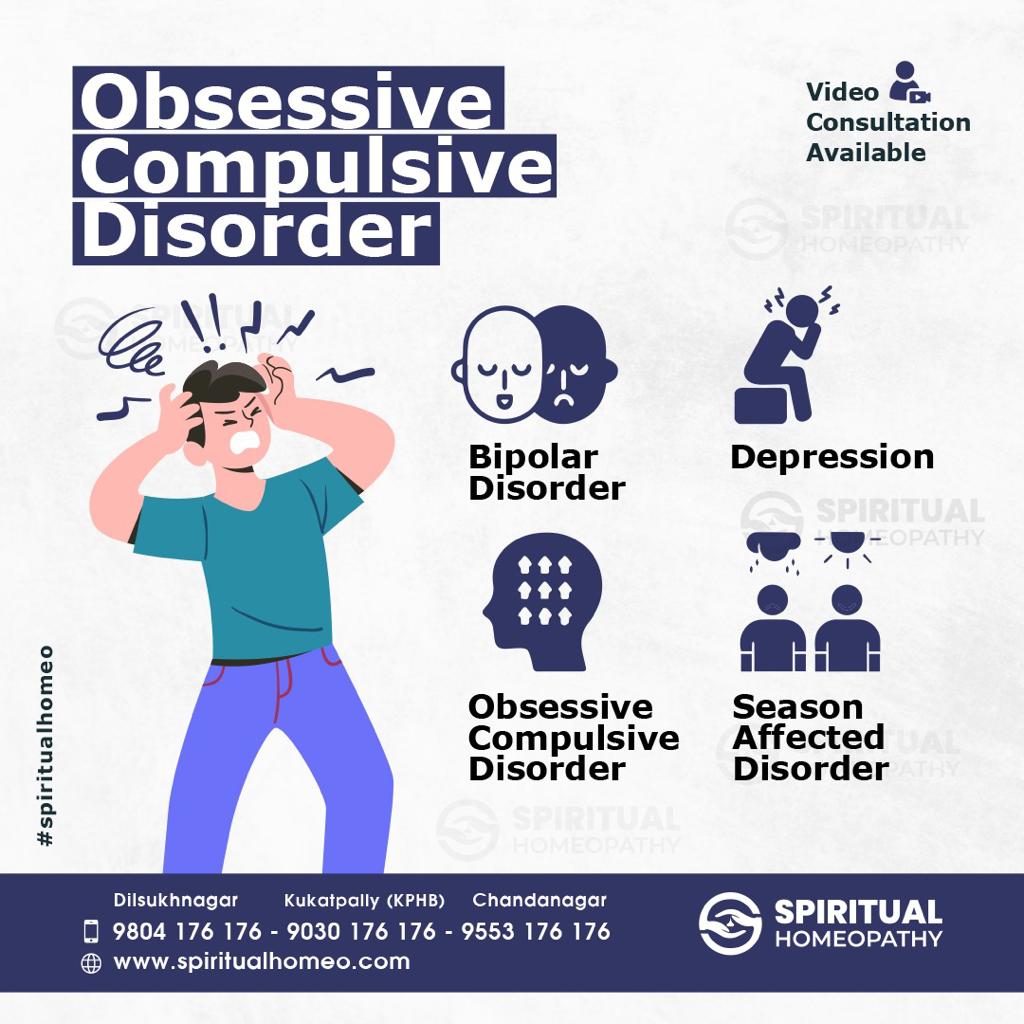Obsessive-Compulsive Disorder (OCD) is a mental health condition characterized by persistent, unwanted thoughts (obsessions) and repetitive behaviors or mental acts (compulsions). People with OCD often feel driven to perform these rituals or compulsions to alleviate the anxiety caused by obsessive thoughts. The cycle of obsessions and compulsions can significantly interfere with daily life and functioning.
Key features of OCD include:
Obsessions: These are intrusive and distressing thoughts, images, or urges that repeatedly enter the individual’s mind. Common obsessions include fears of contamination, harming oneself or others, or a need for symmetry and order.
Compulsions: In an attempt to manage the anxiety associated with obsessions, individuals engage in repetitive behaviors or mental acts. These actions are meant to prevent a feared event or situation, even though they are often not connected to the event in a realistic way. Compulsions can range from washing, checking, counting, or repeating certain words or phrases.
Impact on daily life: OCD can have a significant impact on a person’s daily activities, relationships, and overall quality of life. The time spent on obsessions and compulsions can be consuming, leading to distress and impairment in various areas.
Insight: Many individuals with OCD are aware that their obsessions are not based in reality, but the distress they cause can be overwhelming. Despite this insight, they may feel driven to perform the compulsive behaviors.
The exact cause of OCD is not fully understood, but a combination of genetic, neurological, behavioral, cognitive, and environmental factors may contribute. Treatment options for OCD often include a combination of cognitive-behavioral therapy (CBT), specifically exposure and response prevention (ERP), and medications, such as selective serotonin reuptake inhibitors (SSRIs).
If you or someone you know is struggling with OCD symptoms, it is essential to seek help from a mental health professional who can provide an accurate diagnosis and appropriate treatment. Effective management strategies can significantly improve the quality of life for individuals with OCD.




